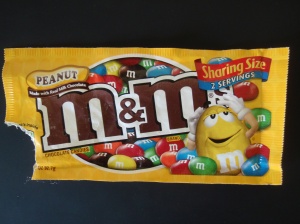Just a few years ago delivering content on the Internet was expensive. REALLY expensive. So a lot of companies made significant business decisions to reduce the cost of delivering content.
This seemed like the perfect storm, because content just kept getting bigger (movies files are larger, as the quality has improved. eg: HD versus normal ) , and more content was being delivered online. Through basic supply versus demand one could reasonably assume that the cost to deliver content was only going to go up.
But alas, it hasn’t. In fact, the cost to deliver content has dropped significantly. So what have content delivery companies done? They’ve changed their messaging. Instead of cost, they focus on quality. On improved user experience. On higher touch points within the download experience.
There is an old that roughly says “if you’re moving in the wrong direction, at least you’re moving” – or something to that effect. The message being that it is better to be moving, than just standing still. You can always adapt and overcome, transition, and change direction …. just keep the momentum going.
The worst thing you can do is to stop.



